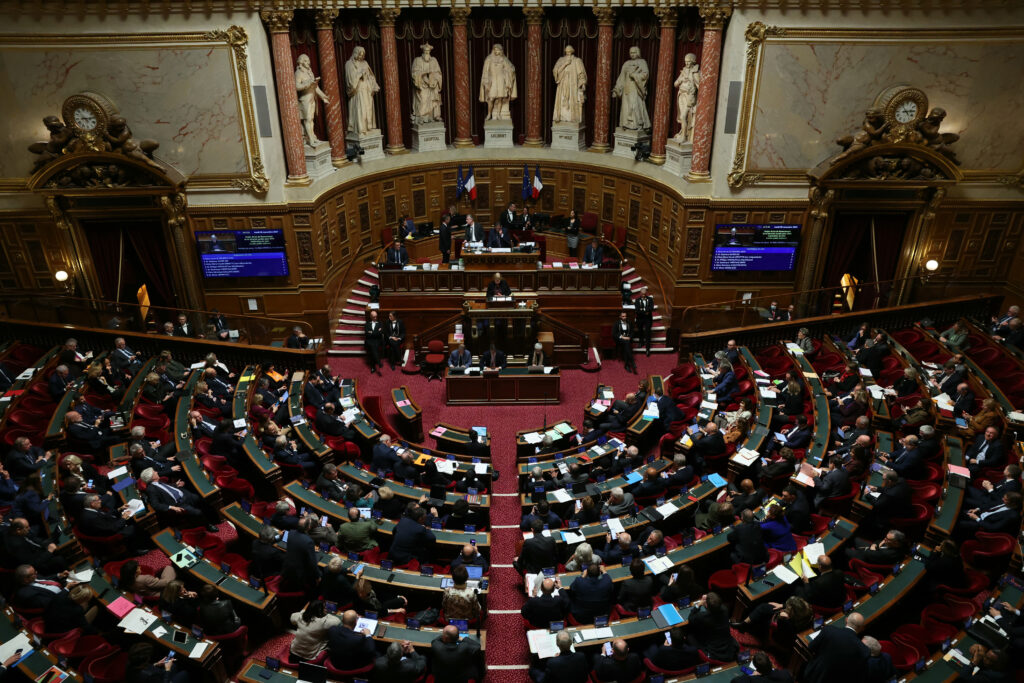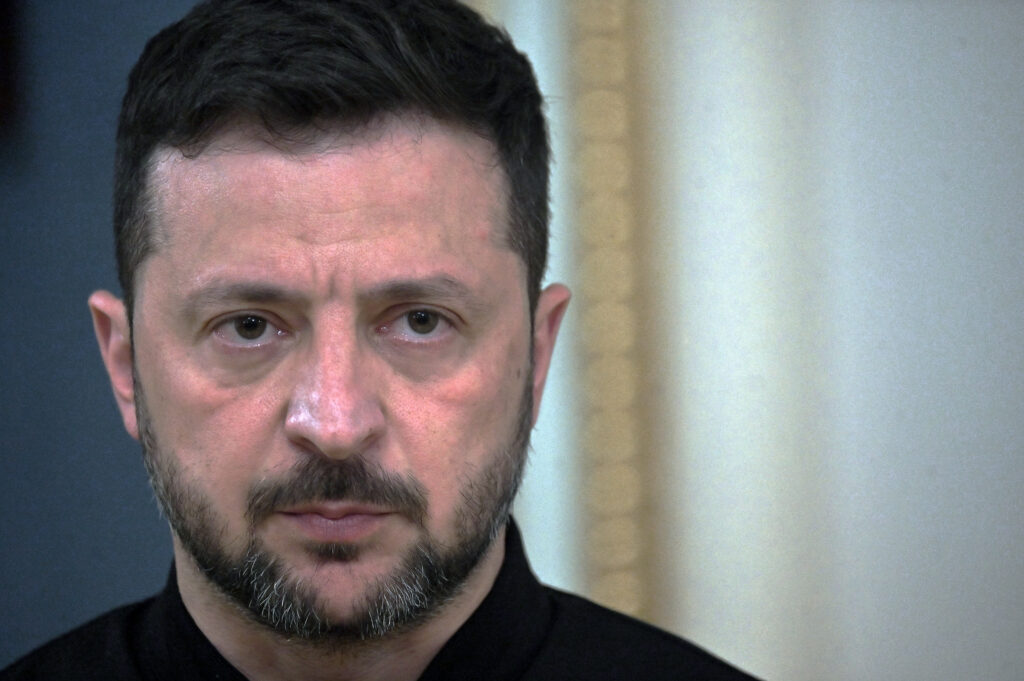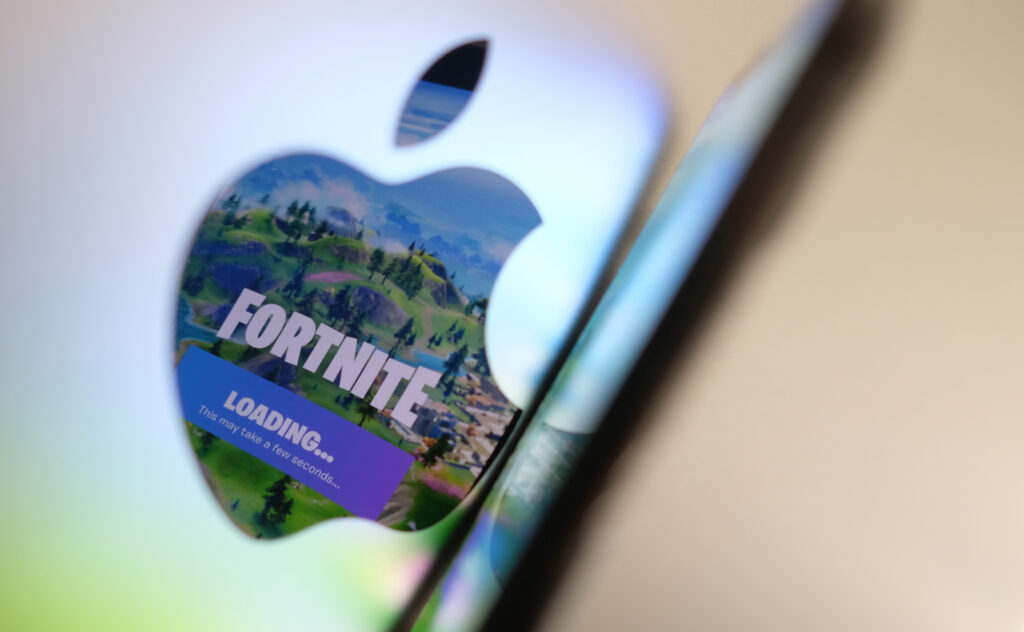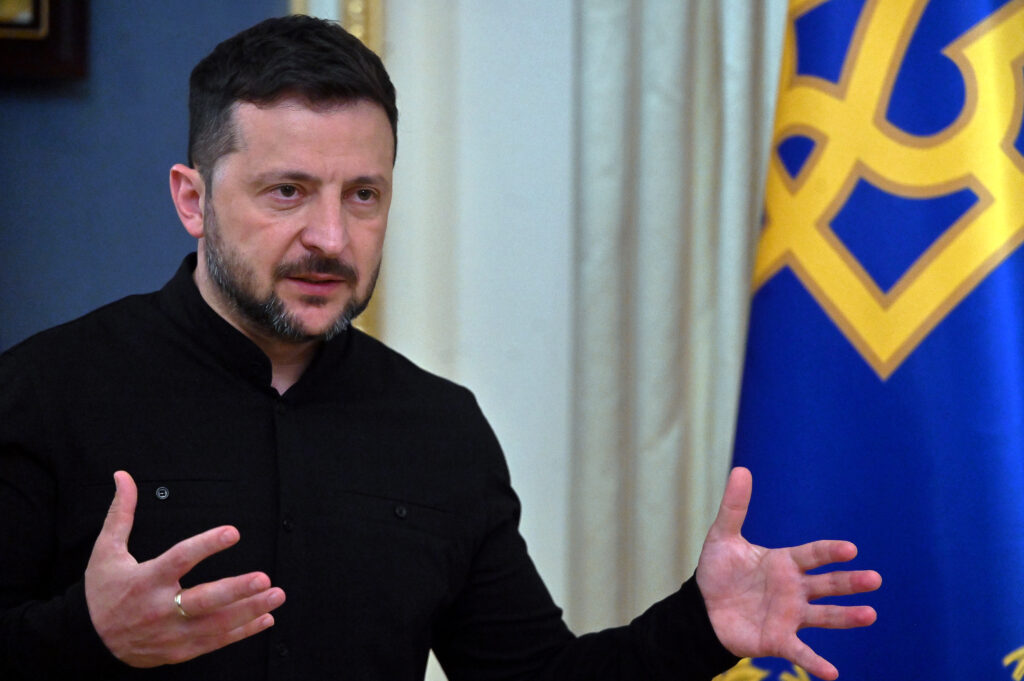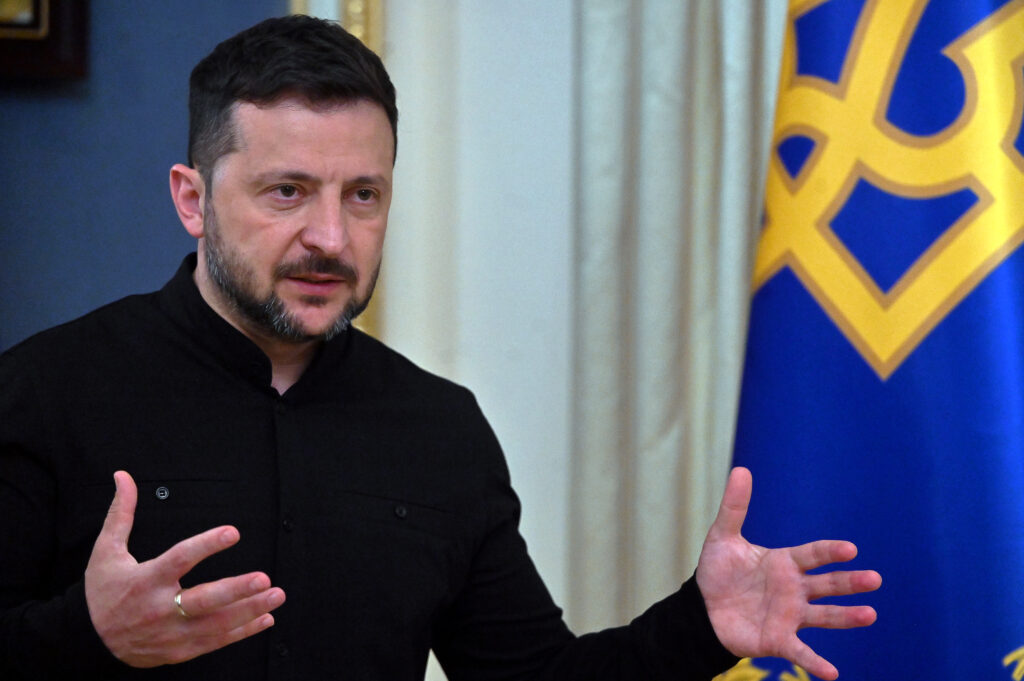“Plusieurs appels par jour, c’était infernal”: le Parlement s’apprête à interdire le démarchage téléphonique non consenti
Bientôt la fin des appels intempestifs pour “profiter des aides de l’Etat”, “changer d’opérateur” ou “utiliser votre compte personnel de formation (CPF)”? C’est l’un des objectifs de la proposition de loi “contre toutes les fraudes aux aides publiques”, qui devrait être définitivement adoptée par le Parlement à l’issue d’un vote au Sénat mercredi.L’idée est simple: interdire aux entreprises de démarcher par téléphone “directement ou par l’intermédiaire d’un tiers agissant pour son compte” une personne “qui n’a pas exprimé préalablement son consentement” de manière “libre, spécifique, éclairée, univoque et révocable”. Ce sera à l’entreprise de prouver que le consommateur a exprimé clairement son accord pour être démarché par téléphone. Seule exception prévue: lorsque la sollicitation intervient “dans le cadre de l’exécution d’un contrat en cours”. Selon un sondage effectué par l’UFC-Que Choisir en octobre 2024, 97% des Français se déclarent agacés par le démarchage commercial.Comme Lucie Kapfer, 43 ans: “Les premiers appels ont d’abord concerné le CPF. Puis les démarchages ont perduré, plusieurs fois par semaine”, explique celle qui a supprimé son téléphone fixe pour tenter de limiter ces appels. “Mais ils ont continué sur mon téléphone portable. Plusieurs appels par jour, c’était infernal”, déplore-t-elle.Car si “avant les numéros utilisés étaient facilement reconnaissables et permettaient un filtrage rapide, aujourd’hui [les démarcheurs] appellent avec des 03, des 02 et même des 06. Il est bien plus difficile de les reconnaître”, regrette-t-elle.”C’est un vrai fléau”, abonde Frédéric Navarro, 52 ans, qui, à la tête d’un média local, est en contact régulier avec des entreprises. “Quand je dois appeler quelqu’un, je le démarche avant en message pour le prévenir, et j’en demande autant aux personnes qui souhaitent me contacter”, ajoute-t-il, dépité.- “Décision radicale” -La mesure avait été adoptée au Sénat dès novembre à l’initiative du sénateur Horizons Pierre-Jean Verzelen, dans un texte dédié repris à l’Assemblée nationale en mars. Elle arrive finalement au bout de son parcours législatif via son introduction, par un amendement de la députée écologiste Delphine Batho, dans ce texte plus vaste, soutenu par le gouvernement.”Ce démarchage téléphonique use nos concitoyens”, avait déclaré en séance Véronique Louwagie, ministre déléguée chargée du Commerce.Ce n’est pas la première fois que l’exécutif cherche à encadrer le démarchage téléphonique. Mais l’actuel dispositif, Bloctel, qui impose aux consommateurs de s’inscrire sur une liste s’ils veulent être épargnés du démarchage, n’a pas fait ses preuves.Denis Grugeon, 46 ans, était inscrit sur Bloctel mais recevait régulièrement des appels de démarcheurs. Aussi a-t-il “pris une décision radicale: refuser tous les appels des numéros non enregistrés dans mon carnet d’adresses”, dit-il. “Si c’est un appel important, la personne laisse un message. Étonnamment, les démarcheurs n’en laissent jamais…”Le texte interdit par ailleurs la prospection commerciale par voie électronique – mail, SMS, réseaux sociaux… – dans les secteurs de la rénovation énergétique et de l’adaptation des logements.Ce texte correspond “à une demande de longue date des consommateurs” et met fin “à un mode de prospection commerciale qui n’a plus lieu d’être”, se félicite Benjamin Recher, chargé des relations institutionnelles de l’UFC-Que choisir.Le texte prévoit que ce dispositif entre en vigueur en août 2026.Un délai regretté par certains députés, quand d’autres auraient aimé qu’une exception votée par l’Assemblée soit conservée pour les entreprises de denrées alimentaires, livrant par exemple des surgelés aux particuliers.L’accord trouvé par députés et sénateurs en commission mixte paritaire “a été de dire que les acteurs auront un an pour s’organiser, mais qu’on ne mettrait aucune exception” pour un secteur, a expliqué à l’AFP Pierre-Jean Verzelen. – “Arsenal” -Le texte comporte par ailleurs un “arsenal” pour “lutter efficacement contre la fraude aux aides publiques”, qui représente environ 1,6 milliard d’euros chaque année, selon le député macroniste Thomas Cazenave, porteur du texte à l’Assemblée.Parmi ces mesures: les gestionnaires des réseaux de distribution d’électricité ou de gaz pourront “directement sanctionner quand ils constatent qu’un consommateur a détourné un compteur”, précise le député. Par ailleurs, l’administration pourra suspendre l’octroi ou le versement d’une aide publique pour une durée de trois mois renouvelable, en cas “d’indices sérieux” de fraude. Deux mesures décriées par La France insoumise qui, au nom du “respect de la présomption d’innocence” et de la “séparation des pouvoirs”, a d’ores et déjà annoncé déposer un recours auprès du Conseil constitutionnel.
